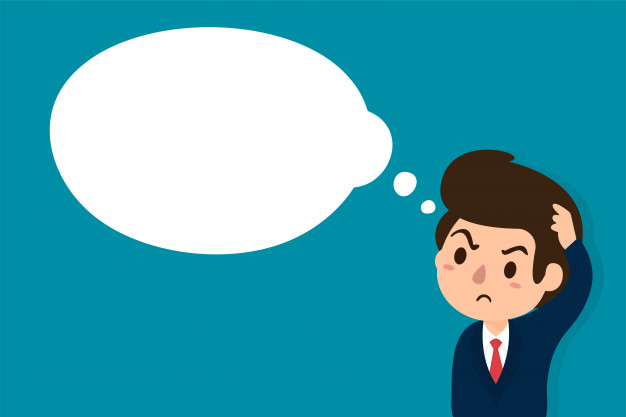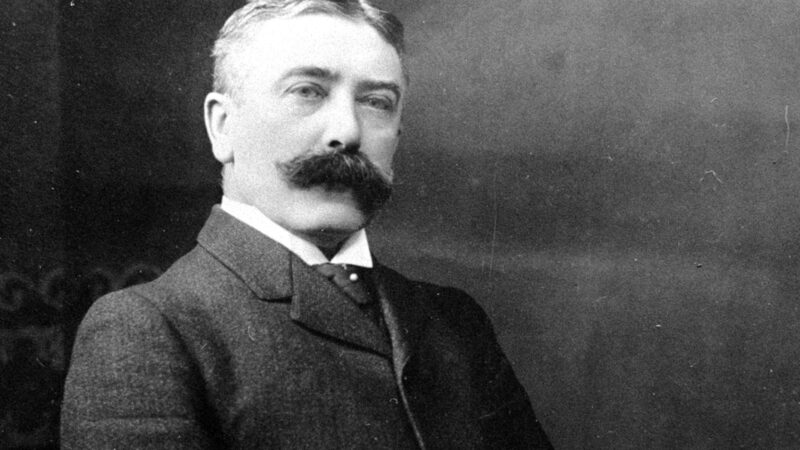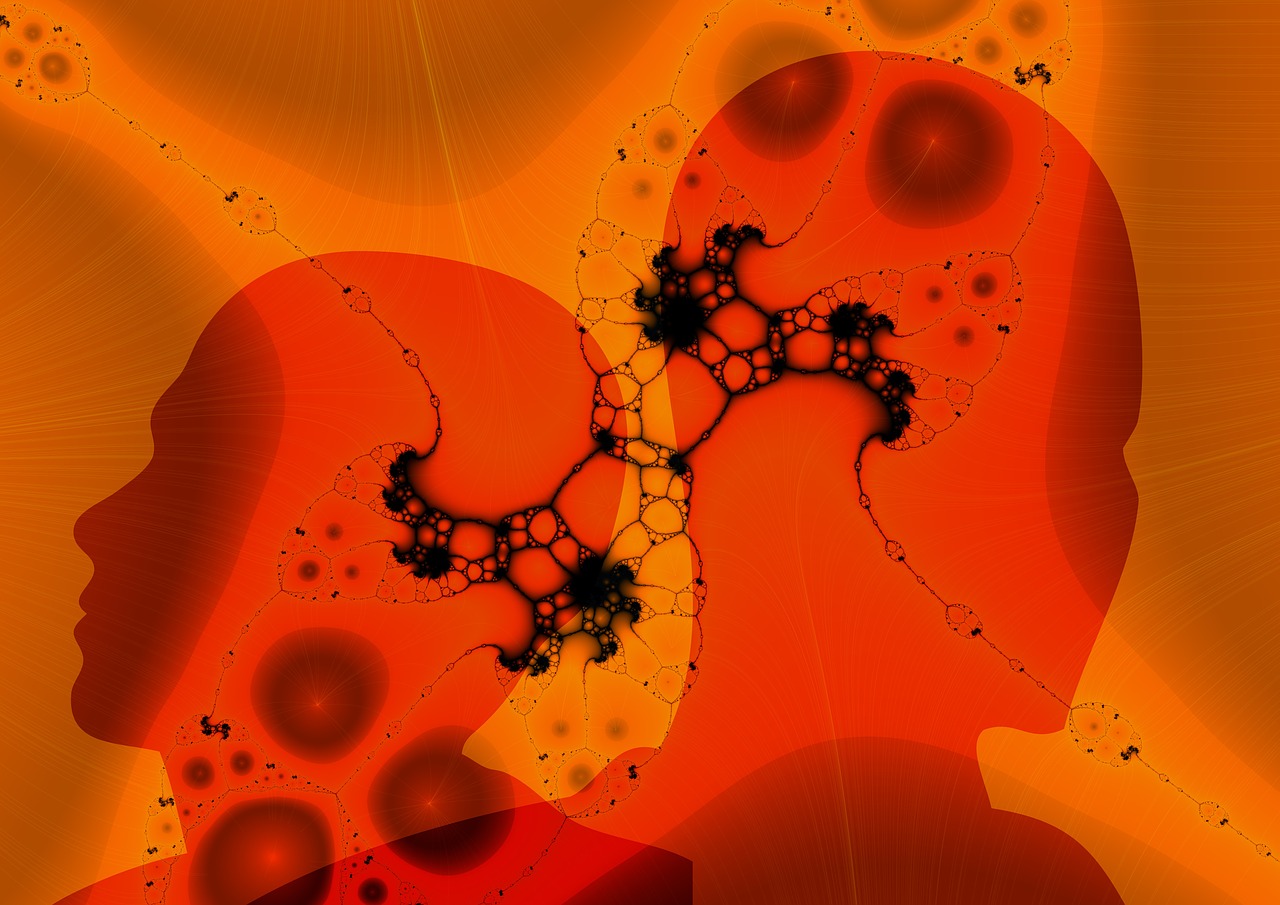Aphasia, the Disorder That Makes You Have Trouble Finding Words
Aphasia, the Disorder That Makes You Have Trouble Finding Words
Aphasia is a brain disorder that affects language – but leaves intelligence fully intact. Although many people have never heard of it, millions of people in the world are affected by it.
Aphasia is a language disorder that results from brain injury – usually due to a stroke, or to a brain trauma. While it does not affect the intelligence of the people who suffer from it, it can have severe consequences on their ability to communicate with the people around them. Although many have never heard of it, it affects one million people in the US only[1].
What exactly is aphasia?
Aphasia results from an injury of brain areas responsible for language – usually, in the left hemisphere. It can affect the ability to comprehend, to speak, to read, to write or all these aspects in different measures.
This disorder can manifest itself in several ways, and it can be more or less severe. In non-fluent (or Broca’s) aphasia, for instance, it takes a lot of effort to use words and connect them. People with this kind of aphasia may say only a few words at a time, although they comprehend what others say. For instance, a person with this Broca’s aphasia may say, “Walk dog” meaning, “I will take the dog for a walk.” Since they understand what other people say, people with this kind of aphasia may suffer from intense frustration resulting from their condition.
On the contrary, those affected by fluent (or Wernicke’s) aphasia keep their syntactic skills, or the ability to connect words and form a phrase, intact. Words come out fluently and without hesitation. However, people with Wernicke’s aphasia have trouble understanding the meaning of what other people say, and they tend to form phrases that do not make sense to the ear of a typical speaker, or that contain unnecessary words or neologisms. People affected by this kind of aphasia typically do not realize their condition.
In the case of anomic aphasia, the difficulty is in finding the needed words to refer to things, people and actions. Words like stuff or thing are often used to fill the gaps of the missing words. People with this kind of condition understand speech and they can usually read. Finally, global aphasia is the most severe form, as it affects all person’s language skills, and it can acutely hamper a person’s understanding and communication abilities.
How to deal with that?
Aphasia is treatable with speech and language therapy. Some kinds of aphasia can get better naturally, while for others there is little room for improvement. However, speech and language therapy is not only to help people restoring as much brain functionality as possible. It can also provide patients with clue information about their condition and it can help developing compensatory communication strategies, to learn how to communicate at best with one’s own capacities.
______________________________
Join us or come take a look!
We are a group of people convinced that language skills should be more valued in the job market. For this reason we created Kolimi, a platform that connects multilingual professionals to the people and business needing them, in any field of work.
Join us to find new opportunities, or follow us on Facebook, Twitter, YouTube or LinkedIn to discover new things about languages!
______________________________







